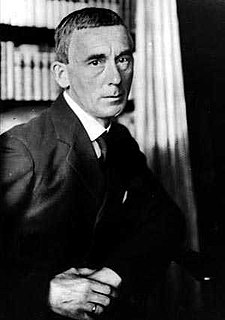A Quote by Julian Assange
If a source gives us material that is of political, diplomatic, ethical or historical significance that has not been published before and is comprised of official documents or recordings, then we will publish it.
Related Quotes
As a scholar, you don't want to repeat yourself, ever. You're supposed to say it once, publish it, and then it's published, and you don't say it again. If someone comes and gives a scholarly paper about something they've already published, that's just terrible. As a university president, you have to say the same thing over and over and over.
The first thing a writer has to do is find another source of income. Then, after you have begged, borrowed, stolen or saved up the money to give you time to write and you spend all of it staying alive while you write, and you write your heart out, after all that, maybe no one will publish it, and if they publish it, maybe no one will read it. That is the hard truth, that is what it means to be a writer.
I will do a lot of research and create a lot of material for use in one painting. And then I go on discovering and working with a whole other range of material in another painting. I'm interested in a fairly comprehensive and orchestrated synthesis that might bring about a new situation consisting of this hidden material. I'm interested in hidden source material.
Individualism is at once an ethical-psychological concept and an ethical-political one. As an ethical-psychological concept, individualism holds that a human being should think and judge independently, respecting nothing more than the sovereignty of his or her mind; thus, it is intimately connected with the concept of autonomy. As an ethical-political concept, individualism upholds the supremacy of individual rights
To encounter Christ is to touch reality and experience transcendence. He gives us a sense of self-worth or personal significance, because He assures us of God's love for us. He sets us free from guilt because He died for us and from paralyzing fear because He reigns. He gives meaning to marriage and home, work and leisure, personhood and citizenship.
[T]he visibility of styles is itself a product of historical consciousness. ... The very notion of "style" needs to be approached historically. Awareness of style as a problematic and isolable element in a work of art has emerged in the audience for art only at certain historical moments - as a front behind which other issues, ultimately ethical and political, are being debated.


































